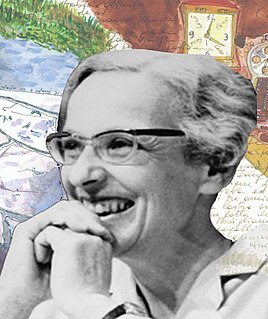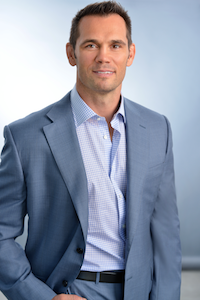A Quote by Bill Belichick
We have absolutely done as much work as we can on finding out things like that and we'll try to get all the information that we can as that would apply to any current situation, which I can't talk about.
Related Quotes
Well, when people talk about interrogating terrorists, they're acting like this is some sort of law enforcement function. Law enforcement is about gathering evidence to take someone to trial, and convict them. Anti-terrorism is about finding out information to prevent a future attack so the same tactics do not apply.
I would just be constantly writing all these zingers - like, 'Burn. That would really get her.' And I know people are going to obsess over who it's about, because they think they have all my relationships mapped out. But there's a reason there are not any overt call-outs in that song. My intent was not to create some gossip-fest. I wanted people to apply it to a situation where they felt betrayed in their own lives.
The key research I usually apply that allows me to understand the roles that I take on, starts with the script in front of me, and what it offers. I try to absorb as much of it as I can, in the time that I have to study it, and I like to change things up, if I have a choice in the matter... and I usually don't. I dream on it, write about and find out who the individual is, and try to bring him to life with as much human and truth as I can.
I like to talk about my challenges as they relate to all of us, and I try to leave them with a sense of what it feels like to succeed at something and to arrive at a goal. I talk a lot about finding that thing that you feel is important to you, that's your calling, and about the reward you will get from staying with it, no matter what the challenges are.
I like finding things out beforehand, because I'm nervous in disposition, and I worry that if I don't do anything, then I'll turn up and I still won't really have a sense of it, and it might be too late. So I like to get things as organized as I possibly can in my own head, to apply myself to the work before arriving to a late-in-the-day rehearsal, or in extreme cases, the first day on set.
Sixty-five days principle photography, five-day weeks, which is the only way I'll work. With my cinematographer Russell Boyd, we take as much time as possible before pre-production, looking at stills. The next most important thing: he will come to me and talk about lenses. And I'll see his plan, which is generally great, and I might talk about how the light will be, handheld or not? I talk very freely, and try not to talk specifically, just talk around it, because it can unlock all sorts of things.
People who have a creative side and do not live it out are most disagreeable clients. They make a mountain out of a molehill, fuss about unnecessary things, are too passionately in love with somebody who is not worth so much attention, and so on. There is a kind of floating charge of energy in them which is not attached to its right object and therefore tends to apply exaggerated dynamism to the wrong situation.
I think, however, that there isn't any solution to this problem of education other than to realize that the best teaching can be done only when there is a direct individual relationship between a student and a good teacher - a situation in which the student discusses the ideas, thinks about the things, and talks about the things. It's impossible to learn very much by simply sitting in a lecture, or even by simply doing problems that are assigned. But in our modern times we have so many students to teach that we have to try to find some substitute for the ideal.
Jesus modelled that we don’t need to talk about everything we’ve done. It’s like He’s saying, what if we were just to do awesome, incredible stuff together while we’re here on earth and the fact that only He knew would be enough? If we did, we wouldn’t get confused about who was really making things happen. Not surprisingly, we’d get a lot more done too, because we wouldn’t care who’s looking or taking credit. All that energy would be funnelled into awesomeness.
I feel like we've inherited modern infrastructure, and I could run away from it and become a full-time activist, or I can try to do my job, and try to talk about things I care about, and be able to do something like sponsor a topsoil conference in Nova Scotia, and talk about Bill McKibben, and narrate a documentary about the vanishing of the bees, and try to navigate my way through this world the best way possible. That's what I'm trying to figure out. Probably like many people right now.
If you want to do good research, it's important not to know too much. This almost sounds contradictory but really if you know too much and you get an idea, you will sort of talk yourself out of trying it because you figure it won't work. But if you know just the right amount and you get enthusiastic about your project, you go ahead, you do it and if you're lucky things'll work out.






































